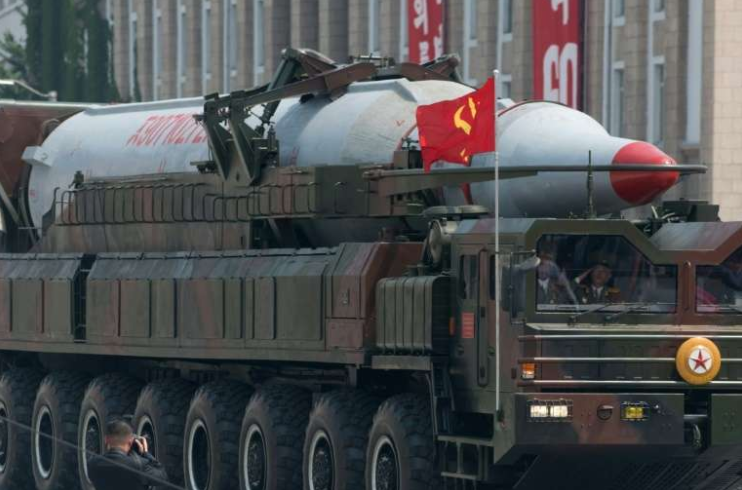Re-Assessing the Nuclear Weapon Rogue State
March 8, 2018
North Korea, often described as a “rogue state,” may already be capable of intercontinental nuclear strike. The immediate action considered is rapid denuclearization. The current options for denuclearization skip over one crucial approach.
The modern history of Korea has been quite grievous. Under Japanese colonization for around 50 years, Korea was separated at the 38th parallel by Soviet and US forces in 1945. That act divided a formerly self-sustaining infrastructure. The cold war superpowers, despite all appearances, circumvented unity and heightened discord in Korea. In the contentious atmosphere generated, conflict escalated into war in 1950. After the armistice was signed in 1953, the tense atmosphere, though suppressed, didn’t end. Destruction left a scarred North Korea.
The hostility did not end. North Korean international relations were few in number and limited in success. The meager correspondence subsisted of distant vigilance and occasional limited contact.
Today, relations with the DPRK are continually in crisis. Media coverage continues to reinforce this bleak picture. At a glance, the position is perilous. Polls show a frightened US public ready for action and the preposterous idea of a “surgical strike” is back on the American negotiating table.
Historically, US policy has been deterrence and sanctioning. Despite this strategy, North Korea developed nuclear weapons. According to the US, everything has been tried to prevent nuclear war; however, given the current tense political climate, military engagement could follow. That should never come to pass.
It is in US interest not to engage militarily, even in the slightest degree. It would mean catastrophe. According to reports, the North East Asian powers in the region who are US allied countries would take massive damage from North Korean retaliation.
There is another effective option that is not discussed as often: the diplomatic approach. Supposedly, this strategy was tried and failed because North Korea would not negotiate or keep up its own end of the bargain. Incidentally, North Korea frequently did not agree with the declared reason for the end of these talks.
It may be that North Korea’s history has made it untrusting and elusive yet its demands seem to be quite clear. Like all governments, North Korea operates to assure its security and sovereignty. From North Korea’s perspective, US plans and military maneuvers threaten North Korean interests.
Also, North Korea is well known to be a poor country. Their demands in conversations about treaties reflect this concern. North Korea’s basic demands have been for aid in energy with nuclear power technologies and for food. To be sure, North Korea has also ventured to ensure its own protection. Because of the dynamics of the aid meetings, there has been no compromise from either party.
The attitude of the United States and its current presence and outlook on the Korean peninsula is counterintuitive to peace and unity. It is in the greatest interest that the United States bear its responsibility to carry out its part in the productive diplomacy and negotiation with the DPRK.
The United States holds a tremendous power in world affairs. It is militarily superior and threatening to all nations. North Korea is well aware of the gross capacity of the United States to act. Peace can only be achieved if there is no prospect of war.
As it stands, denuclearization appears very possible. There have been sincere endeavors to diplomatically acknowledge the DPRK. Peace and unity in the peninsula can follow but can only be achieved with ethical negotiating and firm intention in the declared objectives.







Eduardo Polón • Mar 9, 2018 at 9:23 pm
I appreciate reading thoughtful articles like this one. The maturity of this piece is commendable and helps dispel the notion that teenagers lack historical context and global perspectives. Well done.